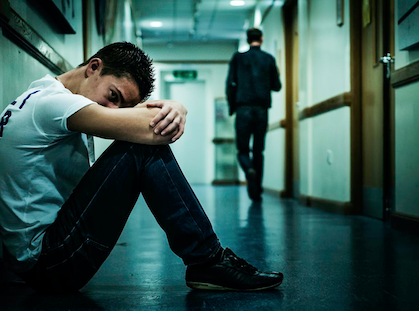How to Establish Liability in a Slip and Fall Case
Apr 07, 2023 00:26
Proving liability in a slip-and-fall case can be a difficult task. This is because liability depends on different factors, which are complicated and difficult to prove.

The most crucial aspect is whether or not the responsible party was aware of the danger. This can be demonstrated via an incident report or security video.
Causation
An individual who slips and falls in a location that is hazardous for visitors may be able to sue the property owner. It's crucial to realize that there are a number of challenges that might make proving culpability in a slip-and-fall case more challenging. It can be difficult to prove both a breach of duty and the causation link between them, so it’s important to work with an experienced slip and fall attorney who can build a strong case for your claims.
When determining whether or not a property owner should be held responsible for injuries sustained in a slip and fall, it is crucial to consider the concept of causation.
Causation consists of two parts: factual and proximate. Factual causation is the direct relationship between your injury and the landowner’s breach of duty.
Proximate causation is a more complicated issue involving both your and the property owner’s actions. Your accident could have been prevented if the property owner had known about a dangerous condition or had taken appropriate steps to address it.
Duty of Care
The duty of care requires all people and entities to act reasonably in a specific situation. This means that property owners must make their property safe and hazard-free for those who are lawfully on their premises.
Businesses must ensure their premises are free from tripping hazards, like ice or broken steps, and warn guests about any conditions that might cause injury. Municipalities are also responsible for promptly repairing sidewalks and streets with cracks or holes.
This duty of care is owed by property owners and other parties to anyone who enters their facilities, including clients, guests, and staff. It is negligent to violate this obligation. If this carelessness was a direct cause of your injuries, the courts will decide.
Breach of Duty
When you file a lawsuit against someone or their company for a slip and fall accident, you must prove that they breached the duty they owed to you. This means they failed to act as a reasonable person would in similar circumstances, which is known as negligence.
If you can prove this, you can have a viable claim and recover financial compensation for your injuries. This compensation may include economic damages such as medical bills, lost income, and out-of-pocket expenses. Still, it can also come as non-economic damages, like pain and suffering.
However, proving that a property owner or tenant breached their duty can be challenging, especially when it involves a slippery surface. For example, if you slip on a wet floor in a grocery store and the store fails to warn customers or remedy the hazard properly, it can be difficult to prove that they should have known about the hazardous condition.
Damages
You may be eligible for compensation if you were wounded in a slip-and-fall accident on someone else's property. A personal injury lawsuit or an insurance settlement may allow you to recover this money.
To succeed in a slip and fall case, you must have proof that the other party was to blame for your injuries. You have a right to compensation for your pain, medical expenses, lost wages, and other harms.
Proving liability is essential in slip-and-fall cases because property owners are legally responsible for making their premises safe for all people who use them. This means they must identify and repair hazardous conditions or warn visitors before accidents happen.







































































